Tijdens de tweede dag van het GIJC in Kiev zette Andrew Lehren (verbonden aan de New York Times en key note speaker tijdens het aankomende VVOJ congres in Eindhoven) uiteen hoe je mensen zo snel mogelijk kunt vinden via internet.
door Margo Smit
1. LinkedIn is good, but there is a new feature there: LinkedIn Pro
If you are a journalist you get in touch with Linked In, tell them you are a journalist and get it for free. You can easily search for current and past employers there. We did a story on private security contractors working in Iraq, through Linked In Pro we found some people that were mentioned in the Wikileaks documents nd got in touch with them.. For LinkedIn Pro: they do ask you to certify that you’re a journalist, but you can privatize your settings so it is not clear you are a journalist while you are searching.
2. MySpace is not used that much anymore but is still very popular in the military, more popular than Facebook
We did a story on some soldiers who died in the Iraq war, we went through MySpace, and found some we thought were telling the most compelling stories. We found six soldiers, who had died and could profile them in their own words from MySpace. Of course we got in touch with their families and verified the information, but we could use these men’s words that they could sadly not use themselves anymore.
3. Crowdsourcing
You may get very knowledgeable people reacting to your posts. But also it can be not useful at all: We checked what people were looking for in Sarah Palins e-mails through crowdsourcing, and it was all ‘Obama’, ‘sex’ and ‘McCain’, and the useful stories were not high up on the list of what the crowd was looking for. So be careful what you source out to the crowd!





